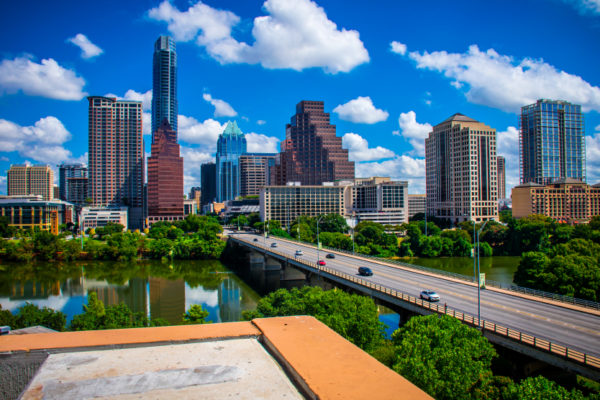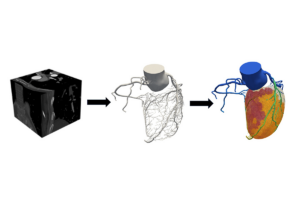There is no Texas neighborhood that has been left untouched by the impact of COVID-19. As former President Barack Obama stated in his “Graduate Together” speech, “Even families that are relatively well off are dealing with massive uncertainty. Those who were struggling before — they’re hanging on by a thread.”
Policies shape neighborhoods in Texas, and when we consider how different neighborhoods respond to this pandemic, it is critical to consider how social systems and racism shape the resources, jobs and safety available in a community. COVID-19 is attacking our disadvantaged neighborhoods, but we can change state and local policies to mitigate the effects of COVID-19 on disadvantaged neighborhoods.
Where we live and grow up affects our health and mortality. People living in disadvantaged neighborhoods have less access to healthy foods, decreased job and educational opportunities, lack of health care and hospitals, and increased risk of poverty. Texans living in disadvantaged neighborhoods are more likely to experience negative health outcomes such as preterm birth, poorer physical health, poor sleep quality and psychological distress. And now COVID-19. Research also shows people of color are more likely than white people to live in low-income or disadvantaged neighborhoods, exposing them to even more detrimental health outcomes.
Highly segregated, low-income neighborhoods in the U.S. have more essential workers and COVID-19 related deaths, and less available testing in comparison with other neighborhoods, but there is a lack of demographic COVID-19 data in Texas.
Old and new federal and state policies have created and sustained this disparity. For example, the Housing Act of 1949 allowed racist targeting of communities of color through forced evictions. Additional practices such as redlining — when lending institutions used race as a basis to deny or exclude loans to buy houses within certain neighborhoods — increased racial disparities in neighborhoods, causing high unemployment and now due to Covid-19, high eviction rates.
And even though the redlining is now illegal, there are still physical barrier remnants in Texas, such Interstate 35 in Austin, Interstate 30 in Dallas and Interstate 45 in South Houston that continue to separate neighborhoods by race. Disadvantaged neighborhoods were created and are sustained by policies that keep power at the top.
Underlying all of these disparities is racism. Racism can be found in policies such as redlining or standalone encounters that have deadly consequences such as the cases involving Atatiana Jefferson and Botham Jean. As experts and state policymakers begin to plan for what life should look like after, it has become increasing clear that we must dismantle and change the current policies. A combination of public- and private-sector policies must come together.
State lawmakers should expand Medicaid; work to identify and eliminate food deserts; increase funding for health clinics in rural areas; and increase transportation to make health care, jobs and healthy foods accessible. In addition, increasing the minimum wage, working with banks and property managers to decrease evictions and offering incentives for small businesses to thrive in mixed income neighborhoods would benefit Texas neighborhoods.
For local policies, city and county leaders should offer tax breaks and eliminate permit fees for quality early childhood education centers, increase parks/green space in disadvantaged neighborhoods, increase access to farmers markets and offer incentives for bringing retail food markets into disadvantaged communities. In addition, leaders should advocate to allow municipalities to increase minimum wages, reduce residential segregation through enforcing fair housing laws put forth by the Fair Housing Act and expand the supply of affordable housing in neighborhoods that offer increased job opportunities and quality schools.
The health and safety of every Texan is most important during a global pandemic. However, now is the time to fix a broken system rather than blame the people who live in it. As Obama said in his recent speech, “The old ways of doing things just don’t work… it doesn’t matter how much money you make if everyone around you is hungry and sick.”
Reopening Texas will not remedy the neighborhood inequality that existed long before the pandemic arrived. Now, more than ever, it is time to break the cycles that trap entire neighborhoods so that we, as Texans, are better prepared for the next global crisis.
Shetal Vohra-Gupta is an assistant professor in the Steve Hicks School of Social Work at The University of Texas at Austin.
Bethany Wood is a doctoral student in the Steve Hicks School of Social Work at The University of Texas at Austin.
Kristian Jones is a doctoral student in the Steve Hicks School of Social Work at The University of Texas at Austin.
A version of this op-ed appeared in the Austin American Statesman.




